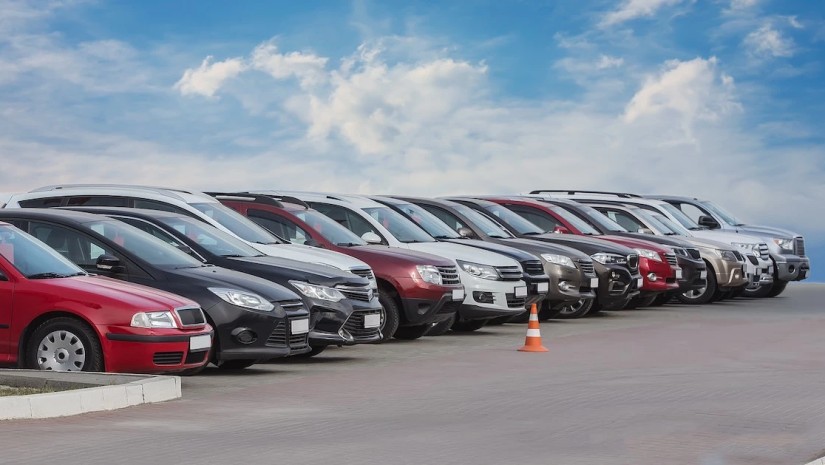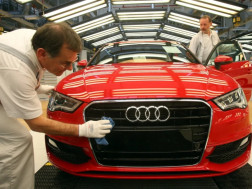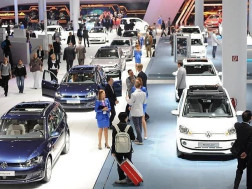In September 2023, new car registrations increased by 9.2%, reaching 861,062 units, marking the EU car market’s fourteenth consecutive month of growth. Two of the EU’s largest markets saw substantial gains; Italy (+22.7%) and France (+10.7%). Germany’s market was relatively steady, with a tiny 0.1% drop compared to September 2022, the European Automobile Manufacturers' Association (ACEA) said on Friday.
In the first three quarters of 2023, the EU car market grew substantially (+16.9%), totalling eight million registered units. Despite the year-to-date increase, the market remains 20% below the pre-COVID pandemic level of 10 million units in 2019. Except for Hungary (-3.2%), all of the region’s markets recorded gains during these nine months, including the four largest: Italy (+20.5%), Spain (+18.5%), France (+15.9%), and Germany (+14.5%).
New EU car registrations by power source
In September, the battery-electric car market share reached 14.8%, marking an increase from 14.1% in September the previous year. This was the third time this year that battery-electric cars surpassed diesel, making them the third-most-popular choice for new car buyers. Hybrid-electric cars retained their position as the second most-preferred option, accounting for a significant 27.3% of the market. Although petrol cars are still buyers’ top choice, their market share fell from 35.3% in September 2022 to 34.1% this year.
Electric cars
In September 2023, EU battery-electric car registrations increased by 14.3%, reaching 127,149 units, or 14.8% of the market. Germany, the largest market, declined by a significant 28.6%, which may be linked to incentives for private buyers being reduced from September. However, notably positive performances in three other EU markets – the Netherlands (+70.8%), Sweden (+60.7%), and France (+34.2%) – offset Germany’s decline.
In September, new EU hybrid-electric car registrations increased by 30.5%, primarily driven by robust growth in the bloc’s three largest markets: Germany (+44.1%), Italy (+34.8%), and France (+30.2%). This resulted in a cumulative 28.8% increase, with nearly 2 million units sold in the first three-quarters of the year – around a quarter of the market.
Last month, new EU plug-in hybrid car registrations were relatively stable (+0.4%), totalling 70,578 units. Strong performance in major markets such as France (+35.1%) and Belgium (+71.4%) helped offset Germany’s decline (-45.7%), the largest market for this power source. Overall, the market share of plug-in hybrid cars decreased from 8.9% to 8.2% in September this year.
Petrol and diesel cars
In September 2023, the EU petrol car market increased by 5.5%, although its market share decreased from 35.3% to 34.1% compared to September last year. Sales growth in the largest bloc’s markets – Italy (+32.2 %), Germany (+9.1%), Spain (+3.2%), and France (+1.4%) – largely contributed to this result.
The EU’s diesel car market continued to decline in September (-12.5%), despite growth in Germany (+4.6%), as sales in most of the bloc’s other markets retracted. Diesel cars now have a market share of 12.7%, down from 15.9% in September of the previous year.
About the EU automobile industry
13.0 million Europeans work in the automotive sector
11.5% of all manufacturing jobs in the EU
€374.6 billion in tax revenue for European governments
€101.9 billion trade surplus for the European Union
Over 7% of EU GDP generated by the auto industry
€59.1 billion in R&D spending annually, 31% of EU total.























